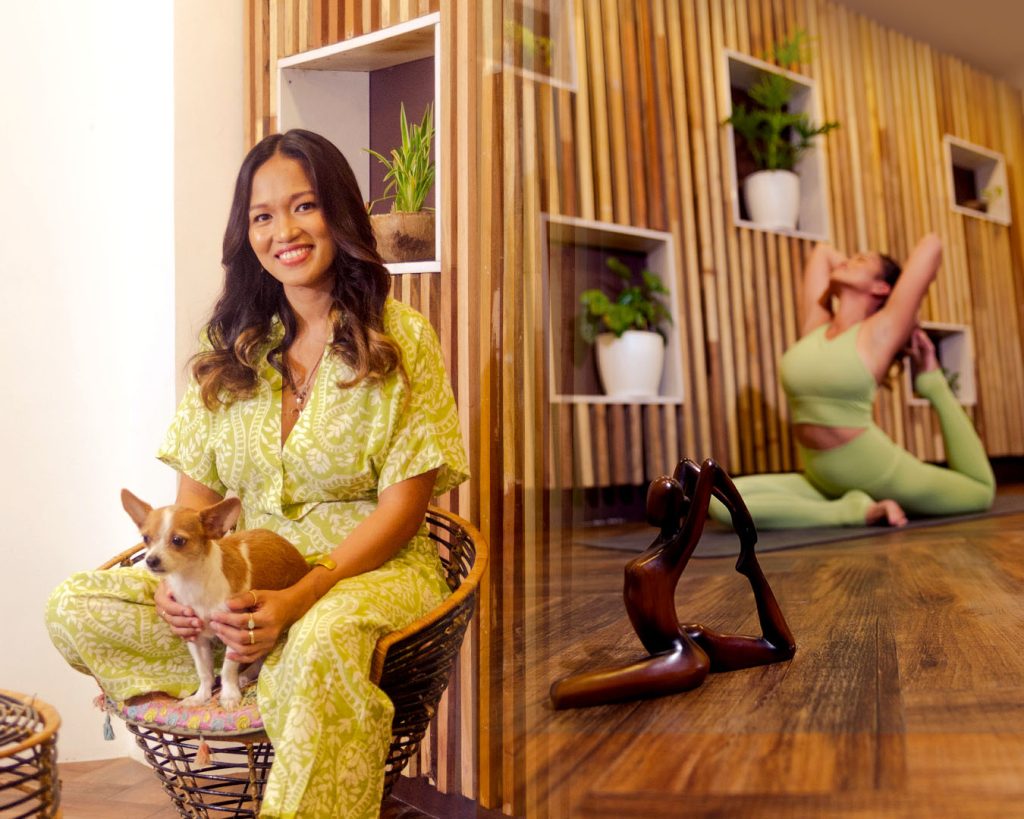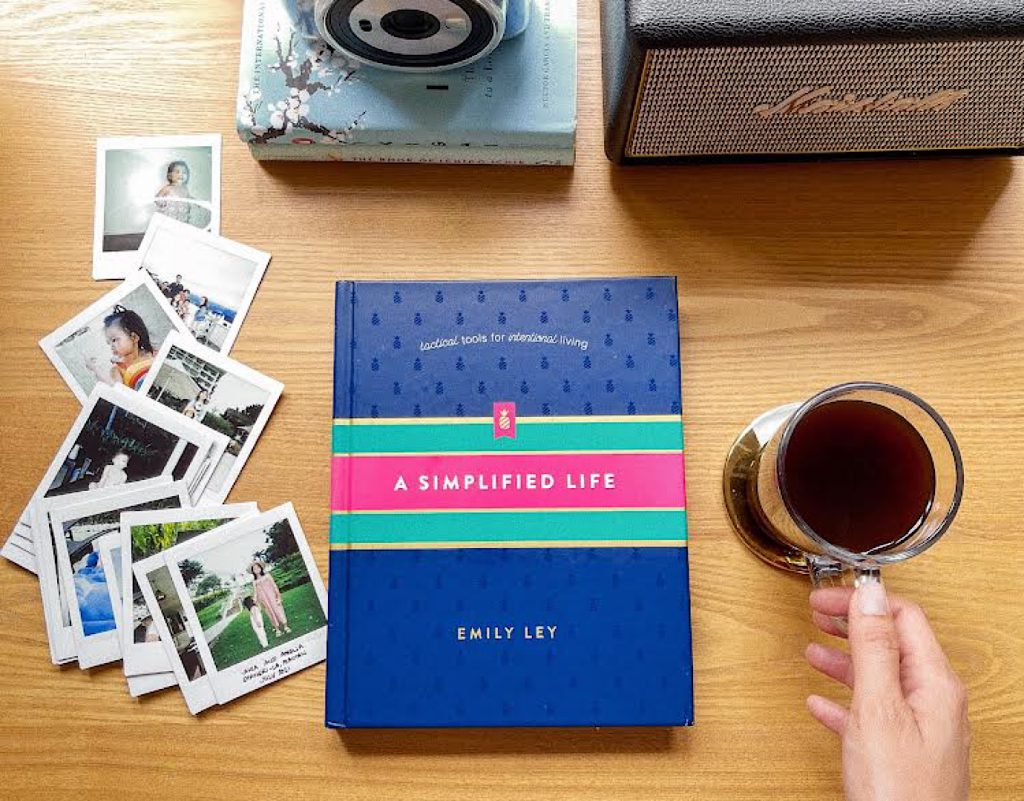I woke up to a text message one night about something or other (yes that’s how foggy it was because I can’t recall the subject of the text). What I do remember was that I responded so plainly, so hastily. It was so unlike me.
I’m a fuss-free person when I’m trying to convey something to someone—be it in person or through text—but there’s always that touch of thoughtfulness. That night, there was no shred of it. I had no excuse other than the “let’s just get this over with” mindset kicked in. It wasn’t a work thing, it wasn’t an emergency case. It was just a catch-up text.
The next day I felt bad and sent another text to that friend. Before my mind spiraled (“Oh my gosh does he hate me?”, “Will he ever respond?”), I got a feedback saying it was all good. It wasn’t all good for me.
After apologizing profusely, I had some moment to reflect: All this worrying could have been avoided, had I just messaged this person at a time when I felt okay to respond.
I’ve always been one who believes in setting healthy boundaries but I admit it’s something I have to keep working on.
No Is Not A Bad Word
It’s not just in the case of picking up calls, or replying to someone online. There’s a lot of ways to practice setting healthy boundaries.
Setting boundaries feels like a contact sport: everyday you’re thrown with punches left and right, and you have to constantly find a way to evade them for your sake.
Take the word no. Often, it’s a word we replace with “sorry” even when we don’t mean it. Unfortunately society tells us that saying “no” is a bad thing.
A friend of mine confided in me about her having a hard time saying no: no to people wanting her to do them a solid; no to people who can’t finish their job in time but because she’s so good at her job they know she can get it done for them; and no to people who know she has a hard time saying no. Ultimately, it took a toll on her mental health.
I am too reminded of the times I wish I said no. Had I said no—and been firmer with it—I wouldn’t have had any moments of emotional and mental exhaustion. Looking back, it was pointless. I was making others happy, while I felt emotionally and mentally fatigue. I had nothing left to give, and I didn’t feel like myself anymore. Sounds familiar?
Healthy Boundaries Equals Autonomy
Building healthy boundaries starts with what you’re comfortable with from what you’re not on different aspects, like your physical, intellectual, and sexual boundaries to name a few.
Boundaries helps take care of ourselves. By establishing your boundaries, and being consistent with it, it helps people understand your personal needs and wants.
Looking back on that text exchange from my friend and I, that gave me a moment to reflect that I don’t always have to respond right then and there, and how miffed I would have felt if I was on the receiving end. That was in my teens. As the years went by, I’ve been very confident telling my friends my usual spiel: “I am so sorry, I am not my best self today.” It’s honest. In turn, my friends have also been confident telling me the same thing, and there’s no bad blood. It’s such a simple act, but it’s so helpful.
Work is a different story as it does require you to respond instantly. But something as responding until a certain time of the day helps a great deal. In the end, work is just something that we do. Focus too much of it, it can consume you.
Also—and this is important—it’s knowing your worth as a person. The “You deserve better” line comes to mind.
Setting healthy boundaries promotes a sense of autonomy. It limits your exposure to stress, not to mention the people who cause the stress. For instance, if you walk away from a conversation feeling drained, that’s a red flag.
Setting healthy boundaries isn’t selfish, it’s a necessary tool that helps maintain a healthy lifestyle. Just don’t go too far that you’ll end up building boulders.
Perspective
Setting boundaries isn’t about drawing lines for those to see and know where they stand; rather it’s a form of self-care. It’s no different from when you’re eating a well-balanced diet or when you’re meditating.
Setting boundaries feels like a contact sport: everyday you’re thrown with punches left and right, and you have to constantly find a way to evade them for your sake.
Apart from remaining consistent, some of the approaches when setting boundaries is starting small, open communication lines, and in the age of social media, filter is key (and we don’t mean the editing of images).
It may vary in different situations, culture, and people. It has to be said that it goes both ways. It’s important to also recognize other people’s boundaries.
Setting healthy boundaries feels like a workout, but it’ll help you in the long run.










